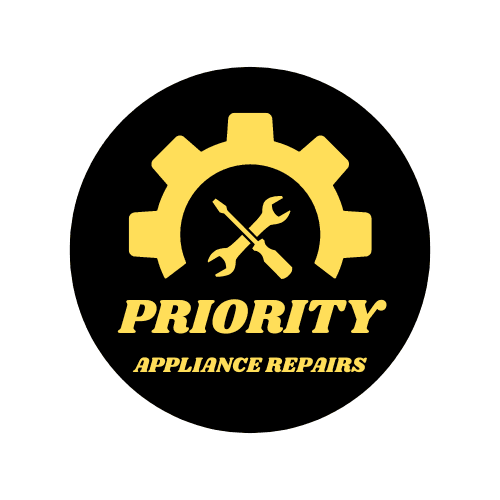Washing Machine Repair in NC: A Step-by-Step Guide to DIY Solutions
Introduction to DIY Washing Machine Repair
Washing machines are essential household appliances, but they can sometimes encounter issues that require immediate attention. If you're in North Carolina and looking for DIY solutions to fix common washing machine problems, this guide will walk you through step-by-step solutions, saving you time and money.

Identifying the Problem
Before you begin any repair, it's crucial to identify the root cause of the issue. Common problems include water leaks, unusual noises, and failure to spin. To diagnose the problem:
- Check for error codes displayed on the machine.
- Listen for unusual sounds during operation.
- Inspect hoses and connections for leaks.
Tools You Will Need
Having the right tools on hand can make your repair process smoother. Here are some essentials:
- Screwdrivers (Phillips and flathead)
- Multimeter for electrical testing
- Pliers and adjustable wrench
- Towels or a bucket for water collection
Fixing a Leaking Washing Machine
Water leaks are a common issue. To address this:
- Check the door seal for any damage or residue buildup.
- Inspect hoses for cracks or loose connections.
- Ensure the drain pump filter is clean and functioning.
If a part needs replacement, consult your washing machine's manual to find compatible parts.

Troubleshooting Noisy Operations
If your washing machine is making unusual noises, it could be due to imbalanced loads or worn-out bearings. Follow these steps:
- Stop the machine and redistribute the load evenly.
- Check for any foreign objects in the drum.
- If the noise persists, inspect the drum bearings and consider replacing them if worn out.
Addressing Spin Cycle Issues
A machine that fails to spin might have a problem with its drive belt or motor. Here's what you can do:
- Examine the drive belt for signs of wear or breakage and replace if necessary.
- Test the motor with a multimeter to ensure it's receiving power.
- Check and clean the motor brushes if applicable.

When to Call a Professional
While many washing machine repairs can be handled at home, there are times when it's best to call a professional. If you're dealing with complex electrical issues or if your machine is still under warranty, professional assistance is advisable.
Conclusion
Tackling washing machine repairs on your own can be a rewarding experience that saves you money. With this guide, you can confidently address common issues with your appliance. Remember, safety is paramount, so always unplug the machine before performing any repairs. For persistent problems, don't hesitate to seek professional help.
